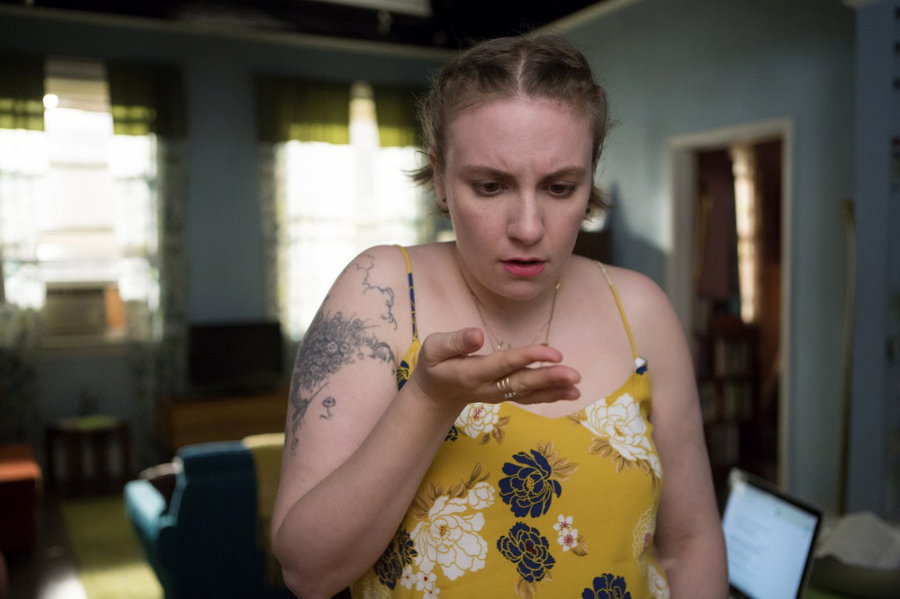When we first met Hannah Horvath (Lena Dunham) in April of 2012, it seemed that if she ever found herself accidentally pregnant, the choice she would make would be an obvious one. Like her friend Jessa (Jemima Kirke), who got her period on her way to terminate a pregnancy, or Hannah’s rival Mimi-Rose (Gillian Jacobs), who had perhaps the most matter-of-fact abortion in television history, I always assumed that if it happened Hannah would simply terminate her pregnancy.
Being Hannah, she would leave it to the last possible minute, and especially being Hannah, she would probably say something wildly inappropriate during the procedure. However regressive Hannah can be, on “Girls” to date, deciding to have a baby when you’re living in squalor and disorder is the kind of thing that only someone truly unbalanced, like Caroline (Gaby Hoffmann) would contemplate.
So “Girls” defied my expectations, when in the March 12 episode of the show, we learned that Hannah intends to have her baby. “I’ve been thinking, so much, I’ve been doing all the big thinking, about how much life is going to change, and the little thinking, about how I’m going to have to start drinking water, and any way I think about it, I just get this feeling –” she told her mother, Loreen (Becky Ann Baker), “That this is your baby,” Loreen broke in. “This is my baby,” Hannah confirms.
The longer I’ve thought about the episode, though, the less surprising it seems. Both the way Hannah became pregnant and her decision to become a mother are in keeping with the conservative streak “Girls” has always had, which suggests that the pursuit of pleasure and self-actualization may actually bring less happiness than an embrace of stability, responsibility and constraint.



